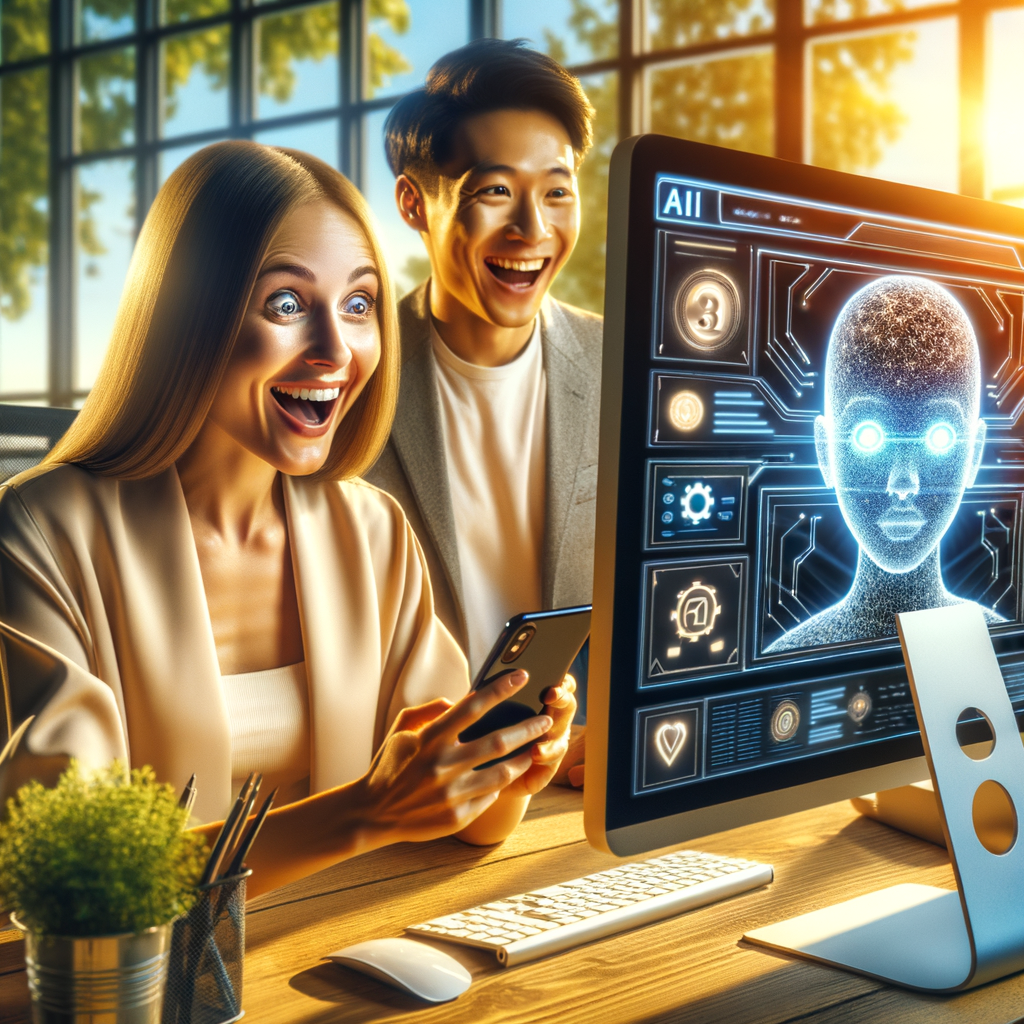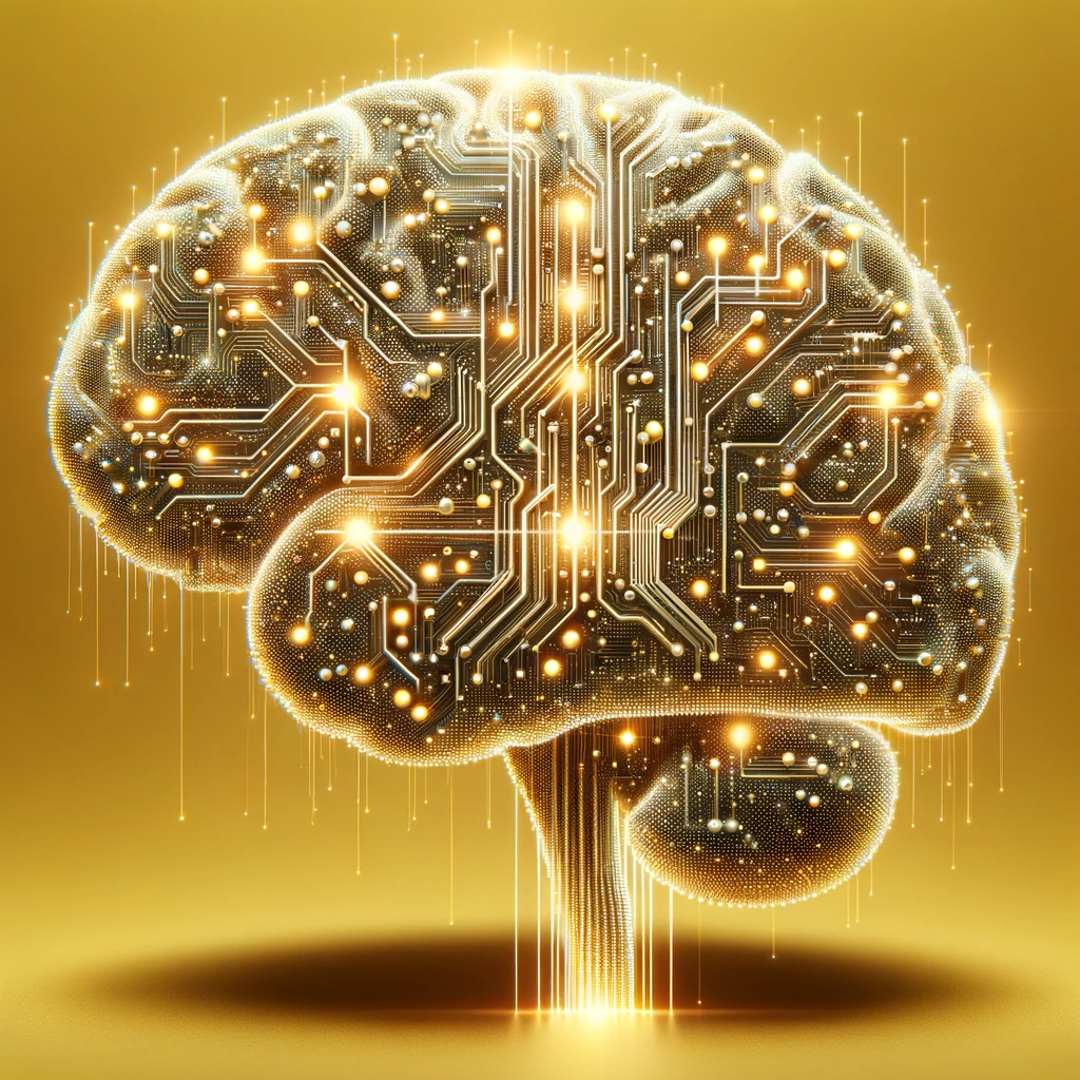Here Are Some Disturbing Possibilities
The question of whether AI can manipulate elections is a complex and nuanced one, with implications that touch on technology, politics, ethics, and society as a whole. While AI itself does not have agency or intentions, it can be utilized by individuals or groups to influence electoral processes in various ways. Here’s a closer look at how AI could potentially be used to manipulate elections:
- Disinformation Campaigns: AI-powered algorithms can be used to generate and spread false or misleading information on social media platforms. By analyzing user data and engagement patterns, AI can target specific demographic groups with tailored messaging designed to influence their perceptions, beliefs, and voting behavior. Disinformation campaigns can exploit existing societal divisions, spread rumors and conspiracy theories, and undermine trust in democratic institutions.
- Microtargeting and Voter Profiling: AI algorithms can analyze vast amounts of data to create detailed profiles of individual voters, including their demographics, preferences, and behaviors. By leveraging these profiles, political campaigns can microtarget specific segments of the electorate with personalized messaging and advertisements. This targeted approach allows campaigns to tailor their appeals to the interests and concerns of different voter groups, potentially swaying their opinions and influencing their voting decisions.
- Manipulation of Search Algorithms: AI-powered search algorithms can influence the information that users encounter when searching for political candidates or issues online. By manipulating search rankings and recommendations, AI can amplify certain narratives while suppressing others, shaping public perceptions and biases in the process. Biased search results can skew public discourse, reinforce ideological echo chambers, and distort the democratic debate.
- Deepfake Videos and Audio: AI-generated deepfake videos and audio recordings can be used to spread false information and manipulate public opinion. Deepfake technology can create highly realistic videos of political candidates saying or doing things they never actually did, potentially damaging their reputations and influencing voter perceptions. The spread of deepfake content poses a significant challenge to the integrity of electoral processes and the trustworthiness of media sources.
- Algorithmic Bias: AI algorithms may exhibit biases that inadvertently favor certain candidates or viewpoints over others. Bias can arise from the training data used to develop AI models, as well as the design choices and assumptions embedded in the algorithms themselves. Biased algorithms can lead to unequal treatment of candidates, unequal distribution of resources, and unfair outcomes in electoral processes.
While AI can indeed be used to manipulate elections, it’s important to recognize that it is not inherently good or evil. The ethical implications of AI manipulation in elections raise important questions about transparency, accountability, and the integrity of democratic processes. Safeguarding against AI manipulation requires a multi-faceted approach that includes regulatory oversight, technological safeguards, media literacy education, and civic engagement.
Governments, tech companies, civil society organizations, and individual citizens all have roles to play in addressing the challenges posed by AI manipulation in elections. By working together to promote transparency, accountability, and ethical AI practices, we can mitigate the risks and safeguard the integrity of democratic processes in the digital age.
Want to learn more? Schedule a free consultation!











